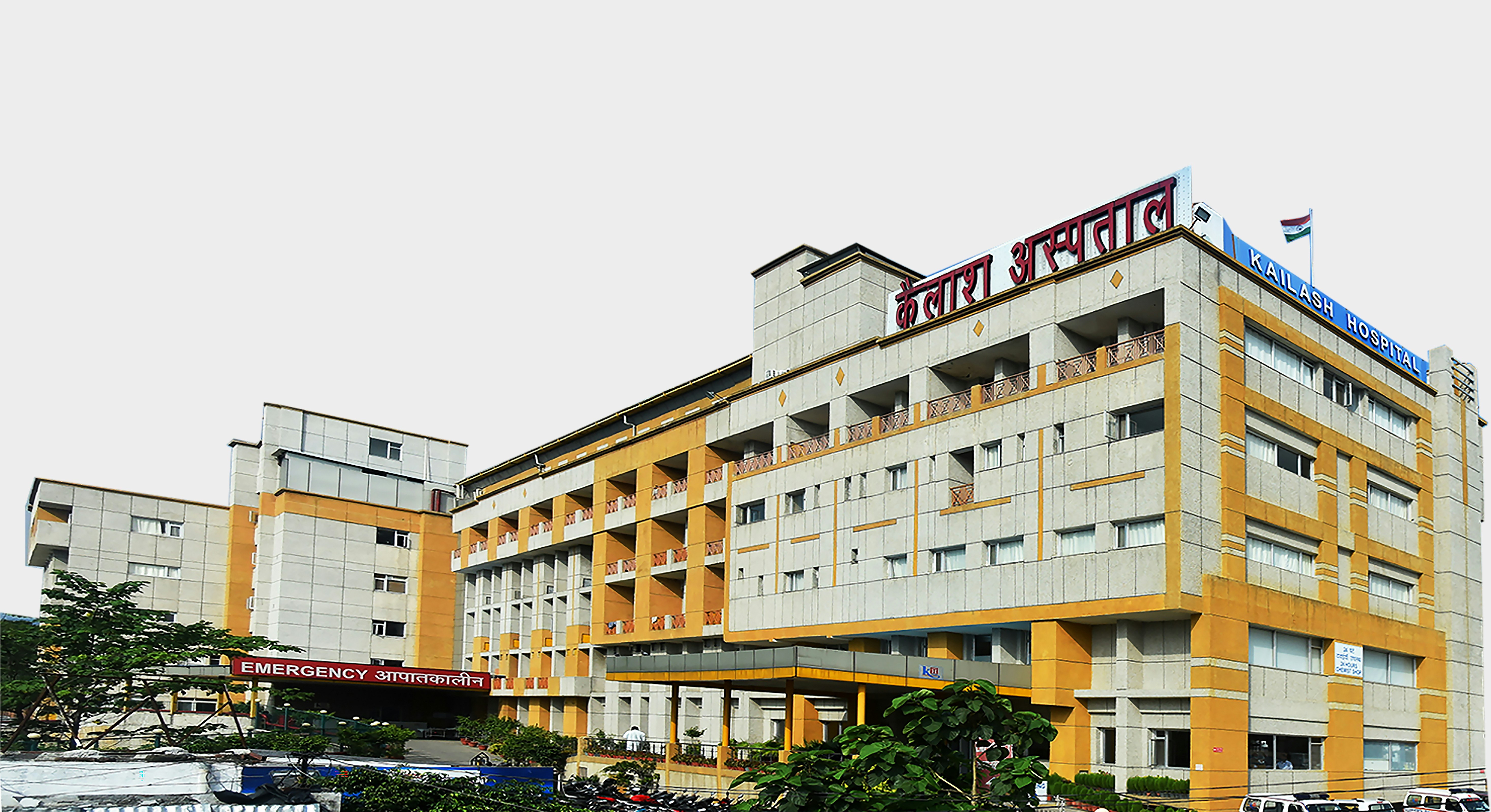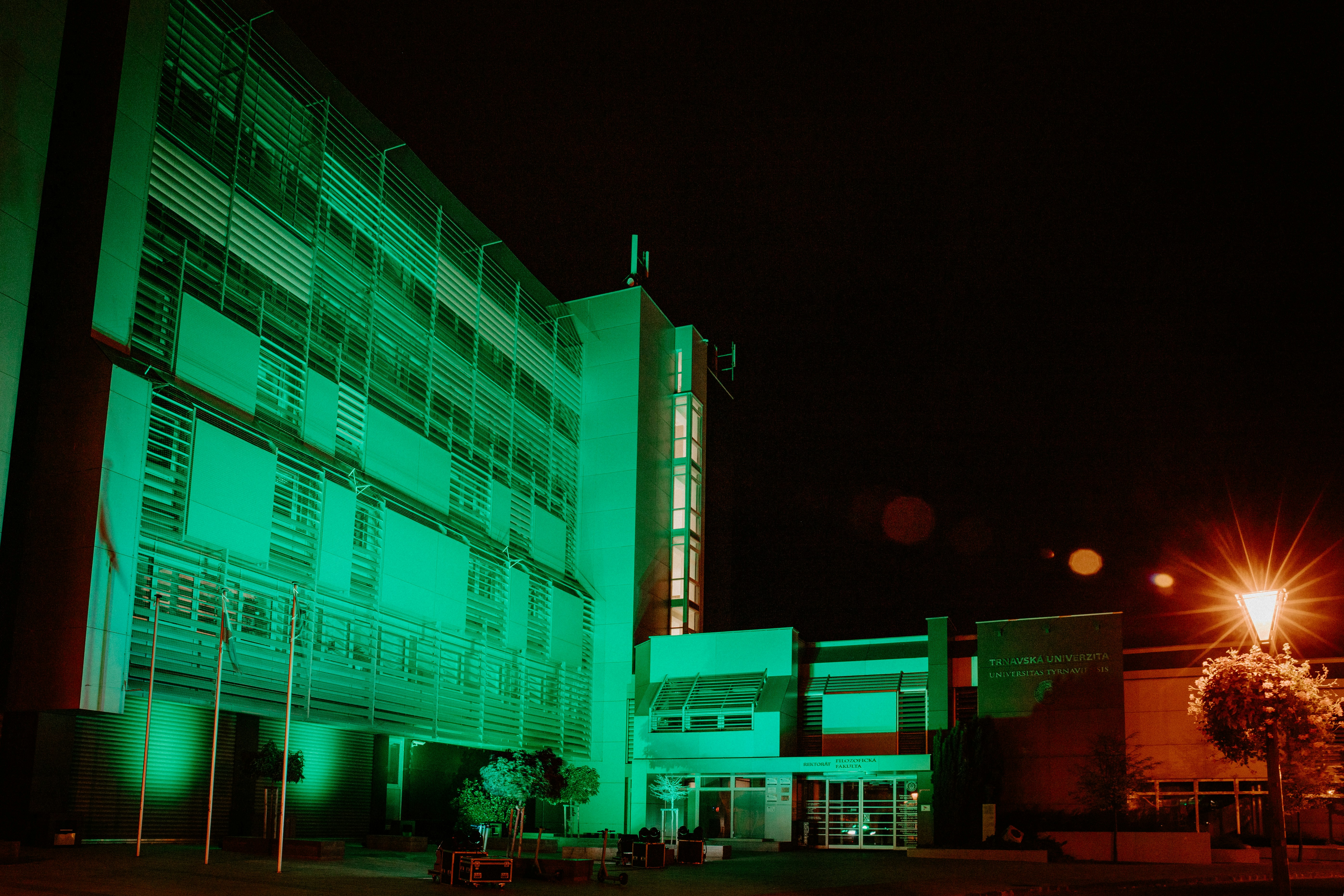Autism Testing Centers In Massachusetts: Where To Get Tested

Getting tested for autism can be a life-changing step — whether you're a parent seeking clarity for your child, a teen navigating social or school challenges, or an adult finally understanding long-standing differences.
Autism testing isn’t about putting a label on someone — it’s about gaining insight. A proper diagnosis can open the door to the right therapies, educational support, and tools that make everyday life more manageable and fulfilling.
Who Should Consider Getting Evaluated
Autism looks different for everyone. Some people may avoid eye contact, rely on routines, or struggle with social situations. Others may experience intense sensory reactions, have difficulty expressing emotions, or find change overwhelming.
If you or someone you care about shows signs of autism — at any age — seeking an evaluation is a smart, proactive choice.
In Massachusetts, a wide range of autism testing options are available — from top-rated children’s hospitals and early intervention programs to adult diagnostic centers and low-cost clinics connected to universities and nonprofits.
In this guide, you’ll find help navigating these options based on age, location, and your specific needs — so you can move forward with greater understanding, direction, and confidence.
Types of Autism Testing Services in Massachusetts
Not all autism testing looks the same. The process can vary based on your age, symptoms, and whether you’re seeking a quick screening or a full diagnostic evaluation. Here’s a simple breakdown of the types of autism testing services available across Massachusetts:
Diagnostic Evaluations for Children
Early diagnosis can make a big difference. In Massachusetts, children are often evaluated by a team that may include developmental pediatricians, child psychologists, speech-language pathologists, or occupational therapists. These evaluations focus on understanding how your child communicates, plays, and interacts compared to typical developmental milestones.
What it includes:
- Parent and caregiver interviews
- Play-based assessments
- Speech and language evaluations
- Observation of behavior and social skills
These evaluations help parents get answers — and a roadmap for early supports like speech therapy, ABA, or educational services.
Autism Testing for Teens and Adults
Many teens and adults in Massachusetts seek evaluations after years of feeling “different” or misdiagnosed. This testing looks at how autism might show up in daily life — from relationships and routines to sensory needs and social interactions.
What it includes:
- One-on-one interviews
- Questionnaires about habits and communication
- Input from family members, teachers, or partners
- Cognitive and psychological testing when needed
These evaluations are especially helpful for those who were overlooked in childhood or who have developed coping strategies that masked their traits.
Developmental Screenings vs. Comprehensive Assessments
If you’re unsure whether a full autism evaluation is needed, a developmental screening is a helpful first step. These shorter check-ins are often offered by pediatricians or early intervention providers and can flag early signs of autism — especially in toddlers and preschoolers.
If signs are present, a comprehensive assessment is the next step. This is a more in-depth process conducted by licensed professionals and can lead to a formal diagnosis.
Quick tip:
- Screening = brief overview
- Full assessment = detailed diagnosis
Who Performs Autism Testing in Massachusetts?
Depending on where you go, evaluations in Massachusetts may be conducted by:
- Developmental pediatricians
- Licensed psychologists or clinical neuropsychologists
- Speech-language pathologists (as part of a team)
- Autism centers with multidisciplinary teams
Each provider uses slightly different tools, but they all aim to better understand how someone experiences the world — especially when it comes to communication, social connection, and everyday functioning.
Top Places to Get Tested for Autism in Massachusetts
Whether you're seeking a diagnosis for your child, teen, or yourself as an adult, Massachusetts offers a wide range of highly respected clinics, hospitals, and diagnostic programs that specialize in autism evaluations. Below, we’ve organized some of the best options by age group and type of service.
For Children and Teens
1. Boston Children’s Hospital – Developmental Medicine Center
What They Offer:
One of the top-ranked children’s hospitals in the U.S., Boston Children’s provides comprehensive autism evaluations through its Developmental Medicine Center. Evaluations are led by teams that include developmental-behavioral pediatricians, psychologists, and speech-language pathologists.
Why Parents Choose It:
Thorough assessments using gold-standard tools like the ADOS-2, with clear guidance on next steps, therapy referrals, and school supports.
Extra Support:
Multilingual services available, plus connections to Boston Public Schools for IEP planning.
Website: childrenshospital.org
2. MGH Lurie Center for Autism – Lexington
What They Offer:
This specialized center, part of Massachusetts General Hospital, offers diagnostic services for children and adolescents with suspected autism, including those with complex medical or developmental needs.
Why It’s Great:
Highly trained multidisciplinary team. They also offer access to specialty care for co-occurring conditions such as anxiety, ADHD, or seizures.
Insurance Accepted:
Accepts most major insurance plans.
Website: massgeneral.org/lurie-center
3. UMass Memorial Health – Autism Spectrum Disorder Clinic (Worcester)
What They Offer:
Evaluations for autism spectrum disorder by a team that includes developmental-behavioral pediatricians and psychologists. They also offer early intervention referrals and follow-up support.
Why Families Like It:
A trusted option in Central Massachusetts with access to academic medical resources.
Quick Appointments:
May have shorter wait times than Boston-area hospitals.
Website: umassmemorialhealthcare.org
For Adults
4. MGH Lurie Center for Autism – Adult Services (Lexington)
What They Offer:
Autism diagnostic evaluations for adults, including those who may have gone undiagnosed for years. Evaluations focus on adult-specific traits, challenges, and goals.
Why Adults Choose It:
Supportive, respectful approach tailored to neurodivergent adults. They also offer vocational support, therapy, and transition services.
Helpful For:
Late-diagnosed women, BIPOC adults, and LGBTQ+ individuals.
Website: massgeneral.org/lurie-center
5. Asperger/Autism Network (AANE) – Watertown & Online
What They Offer:
While AANE does not provide diagnostic testing directly, they partner with clinicians and offer diagnostic navigation services, peer consultations, and support groups.
Why It’s Great:
Ideal for adults seeking guidance and self-advocacy support before or after testing. Especially useful for those exploring late diagnosis.
Services Included:
Social groups, coaching, and mental health resources tailored to autistic adults.
Website: aane.org
6. UMass Boston – Institute for Community Inclusion
What They Offer:
Offers adult autism evaluations and support as part of research and community-based programs. Some services may be low-cost or offered on a sliding scale.
Why It’s Unique:
A good option for college students, underserved adults, and those without private insurance.
Good Fit For:
Adults seeking identity-based support and inclusive diagnostic options.
Website: umb.edu/ici
Multidisciplinary Autism Evaluation Centers
These centers bring together specialists — from psychology and pediatrics to speech and occupational therapy — to provide a full-picture autism evaluation.
7. Franciscan Children’s – Brighton
What They Offer:
Comprehensive autism evaluations for children and adolescents, with access to inpatient and outpatient behavioral health services.
Who Qualifies:
Children ages 18 months to 18 years. Works with complex needs, including trauma and developmental delays.
Why It’s Valuable:
Combines medical, psychological, and therapeutic evaluations under one roof.
Website: franciscanchildrens.org
8. Tufts Medical Center – Center for Children with Special Needs (Boston)
What They Offer:
Interdisciplinary evaluations for developmental and behavioral concerns, including autism. Offers testing, diagnosis, and treatment planning in one location.
Why Families Choose It:
Highly experienced clinicians and access to Tufts-affiliated specialists and hospitals.
Website: tuftsmedicalcenter.org
Support Available After Diagnosis
Many of the centers listed above don’t just stop at the diagnosis. They also provide or connect you with:
- ABA therapy, speech therapy, or occupational therapy
- IEP advocacy and school-based support
- Social skills groups and counseling
- Job coaching and adult life skills programs
What to Look for in an Autism Testing Provider in Massachusetts:
- Experience with your age group (child, teen, or adult)
- Transparent testing process with clear next steps
- Licensed professionals (psychologists, developmental pediatricians, neuropsychologists)
- Post-diagnosis services or referrals
- Accepts your insurance or offers flexible payment options
City-by-City Guide to Autism Testing Locations in Massachusetts
City | Clinic/Center Name | Who They Test | Type of Services | Insurance / Payment | Website |
Boston | Boston Children’s Hospital – Developmental Medicine Center | Children, Teens | Diagnostic Evaluations, Developmental Pediatrics, Multidisciplinary | Accepts most major insurance | |
Tufts Medical Center – Center for Children with Special Needs | Children, Teens | Interdisciplinary Testing, Developmental Services | Most major insurances accepted | ||
Lexington | MGH Lurie Center for Autism | Children, Teens, Adults | Full Diagnostic Evaluations, Autism-Specific Care, Adult Support | Accepts major insurance plans | |
Worcester | UMass Memorial Autism Spectrum Disorder Clinic | Children, Teens | Diagnostic Evaluations, Referrals to Services | Accepts private insurance and MassHealth | |
Cambridge | Cambridge Health Alliance – Child Assessment Unit | Children, Teens | Developmental Evaluations, Mental Health Integration | Accepts most insurance plans | |
Watertown | AANE (Asperger/Autism Network) – Diagnostic Navigation | Teens, Adults | Guidance for Diagnosis, Peer Support, Provider Matching | Some services free or low-cost, private pay for others | |
Brighton | Franciscan Children’s | Children, Teens | Comprehensive Testing, Inpatient/Outpatient Autism & Behavioral Health | Accepts private insurance and MassHealth | |
Springfield | Baystate Health – Pediatric Behavioral Health | Children | Pediatric Evaluation, Developmental Concerns | Accepts major insurance, MassHealth | |
Lowell | Lowell Community Health Center | Children, Teens | Screenings, Autism Referrals, Developmental Pediatrics | Accepts most insurance and MassHealth | |
New Bedford | Kennedy-Donovan Center | Children, Families | Early Intervention, Developmental Evaluations, Family Support | Free or low-cost (state-funded Early Intervention) | |
Brockton | BAMSI (Brockton Area Multi-Services Inc.) | Children, Teens | Autism Services, Family Navigation, Evaluation Support | Accepts MassHealth and private plans | |
Pittsfield | Berkshire Health Systems – Developmental Pediatrics | Children | Autism & Developmental Screening, Pediatric Referrals | Accepts most insurance plans | |
Greenfield | ServiceNet – REACH Program | Children, Teens | Developmental Testing, In-Home Therapy, Parent Guidance | Sliding scale, MassHealth accepted | |
Fall River | Southcoast Health – Pediatrics | Children | Screenings, Developmental and Behavioral Referrals | Most major insurance, MassHealth | |
Waltham | McLean Hospital – Child and Adolescent Testing | Children, Teens | Neuropsychological Testing, ASD Evaluations | Insurance required; call to confirm | |
Amherst | UMass Amherst – Center for Research on Families | Adults (via research) | Adult Autism Screening (as part of research studies) | Often free if eligible for participation | |
Framingham | Advocates – Autism Services | Children, Teens, Adults | In-home ABA, Diagnostic Support, Adult Services | Accepts MassHealth and private insurance | |
Quincy | South Shore Mental Health / Aspire Health Alliance | Children, Teens | Developmental Testing, Behavioral Health, Counseling | Accepts MassHealth and most commercial plans | |
Lynn | Lynn Community Health Center | Children | Screenings, Developmental & Behavioral Health Referrals | Accepts MassHealth and private insurance | |
Newton | Newton-Wellesley Hospital – Child Development Program | Children, Teens | Neurodevelopmental Evaluations, Developmental Screening | Accepts most major insurance plans | |
Lawrence | Greater Lawrence Family Health Center | Children | Pediatric Screening, Developmental Services | Accepts MassHealth, commercial insurance |
Additional Notes
- Age Matters: Some centers are pediatric-only, while others welcome adults seeking late diagnosis or reevaluation.
- Insurance Check: Always call the clinic to confirm if they accept MassHealth, private insurance, or offer sliding-scale fees.
- Referral Needed?: Some centers may require a referral from a PCP or pediatrician — especially for evaluations covered by insurance or MassHealth.
- Wait Times: Well-known centers like Boston Children’s and the Lurie Center often have waitlists. Reach out early and consider alternatives in smaller cities.
Low-Cost and Free Autism Testing Resources in Massachusetts
Getting tested for autism can be costly — especially if you’re paying out of pocket or don’t have insurance. But in Massachusetts, there are several trusted options that offer low-cost or even free evaluations, especially for children, low-income families, and adults without private insurance.
State-Funded Clinics and Early Intervention Programs
The Massachusetts Department of Public Health (DPH) offers free developmental evaluations for children under age 3 through the Early Intervention (EI) program. If your child qualifies, services like autism screening, therapy, and care coordination may be provided at no cost.
- Best for: Infants and toddlers with developmental concerns
- Cost: Free or income-based
- Website: mass.gov/early-intervention
University-Based Autism Clinics
Many Massachusetts universities offer low-cost autism testing through their psychology departments or training clinics. These are often staffed by supervised graduate students and licensed clinicians, and may include research-based assessments with reduced fees.
- UMass Amherst Psychological Services Center – Offers low-cost testing for adults and children as part of graduate training programs.
Website: www.umass.edu/psc - Boston University – Center for Anxiety and Related Disorders (CARD) – Offers diagnostic assessments and research-based autism evaluations for children and adults.
Website: www.bu.edu/card - William James College – Freedman Center – Offers affordable autism assessments for children and adults, with a focus on family mental health and accessibility.
Website: williamjames.edu
Nonprofits Offering Financial Aid or Referral Support
Several Massachusetts-based nonprofits help families access affordable autism evaluations, connect with state services, or apply for financial assistance.
- The Arc of Massachusetts – Offers navigation help for autism services, including testing referrals and advocacy.
Website: thearcofmass.org - AANE (Asperger/Autism Network) – Helps adults and teens find diagnostic providers and may offer sliding-scale support services.
Website: aane.org - Federation for Children with Special Needs (FCSN) – Assists families in navigating the special education system and accessing evaluations through schools or community providers.
Website: fcsn.org
How to Choose the Right Evaluation Center
Not all testing centers are the same — and picking the right one can make a big difference in how accurate, respectful, and helpful the experience is. Here’s what to look for:
Look for These Key Features:
- Qualified professionals: Make sure the team includes licensed psychologists, developmental pediatricians, or neuropsychologists with experience in autism.
- Age-appropriate care: Some centers focus only on young children, while others are geared toward teens or adults. Choose what fits your needs.
- Comprehensive evaluations: The best centers offer more than a checklist — they use trusted tools like the ADOS-2 and take time to understand medical, behavioral, and educational history.
Questions to Ask Before Booking:
- Do you evaluate [children/teens/adults]?
- How long is the wait for an appointment?
- Do you accept MassHealth or private insurance?
- Are there any payment plans or sliding-scale fees?
- Will I receive a written report with specific recommendations?
Choosing a provider who listens to your concerns, clearly explains the process, and respects your family’s needs is a strong sign you're in the right hands.
Do You Need a Referral for Autism Testing in Massachusetts?
This depends on where you’re going for testing and how you’re paying for it.
If You’re Using Insurance or MassHealth
Most private insurance plans — and MassHealth (Massachusetts Medicaid) — may require a referral from your child’s pediatrician or your primary care provider.
- The referral helps with insurance authorization and can speed up the approval process.
- Your doctor may also help guide you to a specialist with autism evaluation experience.
If You’re Paying Out of Pocket
If you’re not going through insurance, you usually don’t need a referral. You can call a clinic, psychologist, or diagnostic center directly and ask for an autism evaluation for yourself or your child.
- Some university clinics or private psychologists offer evaluations without any formal referral.
For Schools or Early Intervention
- Under age 3: You can contact Massachusetts Early Intervention directly. You don’t need a referral to get started.
Website: mass.gov/early-intervention - Age 3 and older: You can request an evaluation directly from your local public school, even if your child isn’t enrolled yet. This is a free service through special education.
Autism Testing for Adults: What’s Different?
Autism isn’t just diagnosed in childhood — many adults are now seeking evaluations after years of feeling “different,” misunderstood, or overlooked. Whether you’re in your 20s, 40s, or beyond, getting tested as an adult can be a life-changing step toward self-understanding.
What Makes Adult Autism Testing Unique?
- Signs Are Subtle: Adult traits can include social burnout, anxiety in groups, strong routines, sensory overload, or hyperfocus. These are often misdiagnosed as anxiety, OCD, or ADHD — or simply brushed off as “quirky” behavior.
- Life Context Matters: Adult evaluations focus more on how autism affects work, relationships, parenting, or independence, rather than just school or childhood behavior.
- Choosing the Right Provider: Not every clinic is experienced in diagnosing adults. Look for one that specializes in adult autism assessments or has a licensed psychologist familiar with adult neurodiversity.
Why Adults in Massachusetts Get Evaluated:
- To better understand themselves and their past experiences
- To access college or workplace accommodations
- To qualify for social services, therapy, or coaching
- To connect with local support networks like AANE
- To finally put a name to lifelong questions about identity and behavior
Quick Tip:
Massachusetts has a growing number of adult-focused autism evaluators. If you’re unsure where to start, organizations like AANE or your local community health center can help match you with providers who understand adult diagnosis.
How Long Does Autism Testing Take in Massachusetts?
Autism testing isn’t usually a one-and-done visit — it’s a multi-step process designed to carefully understand each person’s unique strengths and challenges. Here’s what the journey typically looks like in Massachusetts:
What You Can Expect:
Initial Call or Intake
You’ll likely begin by filling out intake forms and having a short phone or video consultation to share your concerns and goals for the evaluation.
Wait Time
Wait times vary based on the clinic, your insurance, and the provider’s availability.
- Popular hospitals or university clinics (like Boston Children’s or the Lurie Center) can have waits of 2–6 months or more.
- Private clinics or community centers may have shorter waits but could be more expensive if not covered by insurance.
Testing Day(s)
You (or your child) will meet with a psychologist or diagnostic specialist — often for a few hours spread across one or more days. This may include:
- Answering questions and interviews
- Doing tasks, puzzles, or play-based activities
- Talking about daily life, relationships, and past challenges
- Completing checklists or surveys (parents may also complete forms for children)
Family or Caregiver Input
Especially for children (and sometimes adults), input from a parent, guardian, or close family member helps round out the picture. They may be asked about early development, behavior at home, and social interactions.
Final Report
After the evaluation, the provider will review the results, make a diagnosis if appropriate, and send a written report.
- Timeline: Reports usually take 2 to 6 weeks to complete.
- You’ll also get recommendations for services, school supports, or therapies based on the results.
What Happens After the Diagnosis?
A diagnosis isn’t the end — it’s the beginning of more understanding, clarity, and support. Whether it’s for your child or yourself, a diagnosis helps open doors that were previously hard to access.
If a Diagnosis Is Given:
You’ll Receive a Detailed Report
The report includes the diagnosis (if confirmed), your testing results, and personalized recommendations.
You Can Begin Support Services, such as:
- ABA Therapy for children (Applied Behavior Analysis)
- Speech or Occupational Therapy
- Social Skills Groups or Life Coaching for teens and adults
- Support in School (via an IEP or 504 Plan)
- Mental Health Counseling or Family Training
Other Benefits of Diagnosis:
- Educational Support: Schools are required to provide accommodations once a diagnosis is documented.
- Access to Resources: You may qualify for services through MassHealth, DDS (Department of Developmental Services), or vocational programs.
- Empowerment: Many families and adults feel relief and self-understanding after getting an answer — especially if they’ve been struggling without clarity for years.
What If It’s Not Autism?
Even if autism isn’t diagnosed, the evaluation might uncover other important insights, like:
- ADHD
- Learning disabilities
- Anxiety or sensory challenges
That information can still guide you toward the right kind of support.
Tip: After receiving your report, it’s a good idea to ask the provider to walk you through the results and help with referrals to the next steps — whether that’s therapy, educational support, or adult services.



